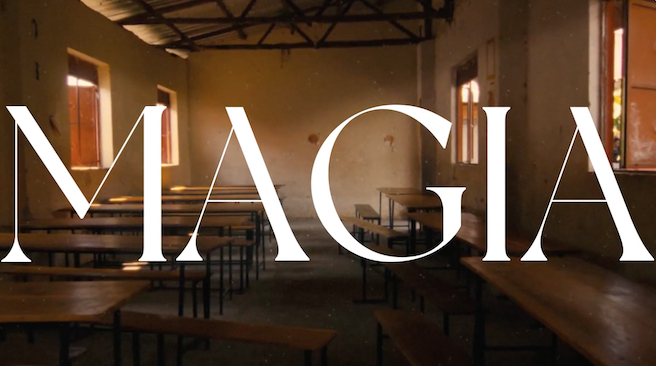Xenophobia, which is a topic we all need to inform ourselves about

June 8, 2021-5:00 am. M.
Although significant progress has been made in recent years with regard to the integration of refugees and migrants from Venezuela in Colombia, their rejection and stigmatization remains a challenge.
Colombia, in recent years, has become the main destination for Venezuelan citizens who come to the country in search of new opportunities. A situation Colombians faced with an unprecedented immigration process in the country’s history.
The fact that Colombia has become a destination for refugees and immigrants has led some of its residents to express unfounded fears, rejection, stigmatization, and thus xenophobic attitudes toward Venezuelan citizens.
Colombia and Venezuela have a long history of human mobility: since the 1970s, millions of Colombians have migrated to Venezuela in search of work and advancement. But in the past decade, the flow has reversed and some 1,742,927 Venezuelan citizens have crossed the border in search of a better life, according to official figures from Migración Colombia, with a halt until January 2021.
According to Ana Doran Salvatierra, IOM Head of Mission in Colombia, migration leads to positive and rapid change in society; “Refugees and migrants contribute to the country’s growth and development in the social, economic and cultural fields,” he adds.
Xenophobia grows as a result of a lack of information and that is why it is essential that we access content prepared by reliable sources. * In reports from the Xenophobia Scale, an initiative of the Friedrich Ebert Stiftung in Colombia (FESCOL); save the Children; Corporación Otraparte, Fundación Interpreta (Chile), Universidad Externado de Colombia, daily comments and those repeated on social networks, which often become a sounding board for false information and stigmatization of Venezuelan refugees and migrants.
For their part, researchers from the Inter-American Development Bank emphasized in their report “The Impact of Migration in Latin America and the Caribbean. Analysis of recent evidence (2020), “that collective migrant regularization processes are essential, not only for the populations who arrive, but also for the countries that receive them. This decision undoubtedly helps to enhance and maximize the positive effects of migration on long-term economic development.
* According to International Monetary Fund data, in 2019, there was a 0.25% growth in GDP driven, among other things, by the consumption of Venezuelan citizens. In other words, immigration helped Colombia grow. Countries that have been able to absorb these migration flows positively, such as Jordan or Uganda, have shown that migration, far from being of a negative connotation, is a contribution to peace and sustainability.
The implementation of the Temporary Basic Law for the Protection of Venezuelan Migrants (ETPV) in Colombia, announced by the national government on February 9, 2021 and in effect on May 5, is a positive step that validates the decision of the authorities in Colombia. To create a complete legal framework for the regularization of millions of Venezuelan citizens. In this way it is hoped to enhance their integration.
In contrast, Andres Moya, a professor at the University of Los Andes’ School of Economics, explained at a forum on immigration at the University of Los Andes that the government’s decision to create the ETPV has been accompanied by an increase in xenophobic expressions in society. modes. This is due to the perception of some citizens that Venezuelan citizens come to receive services from the state, including access to job offers, which can reduce employment opportunities for Colombians. forged. According to Moya, the measures help these residents contribute to job creation, paying taxes and contributions to social security.
How do you help reduce xenophobia levels? This enriching and necessary process requires that everyone have an open view of the great contributions of migratory flows to the world. What has been learned in recent years provides the community with new spaces for reflection and growth. Colombians can begin to discover themselves from the differences and similarities with the Venezuelan people.
So how do we make migration an enriching experience for our host population, refugees and immigrants from Venezuela? This answer can be found in the brochure “Logic without barriers, what is xenophobia and how can we prevent it? “The editorial alliance with Lado a Lado of El Espectador La Cartilla aims to invite Colombians to To learn more about immigration and change many misconceptions regarding refugees and immigrants.
To access the contents of the brochure, you can download its digital version in pdf format, or you can listen to its contents through an audio book, if you prefer. Here you can refer to the primer,”Logic without barriers, what is xenophobia and how can we prevent it?
* Sources: Figures from the International Monetary Fund and the Xenophobia Scale

“Award-winning zombie scholar. Music practitioner. Food expert. Troublemaker.”









